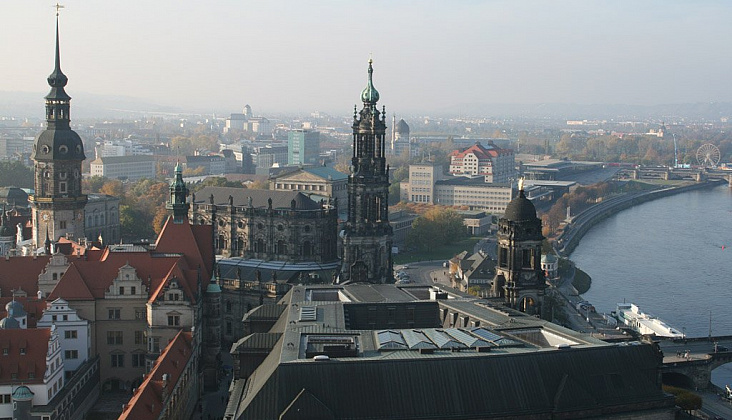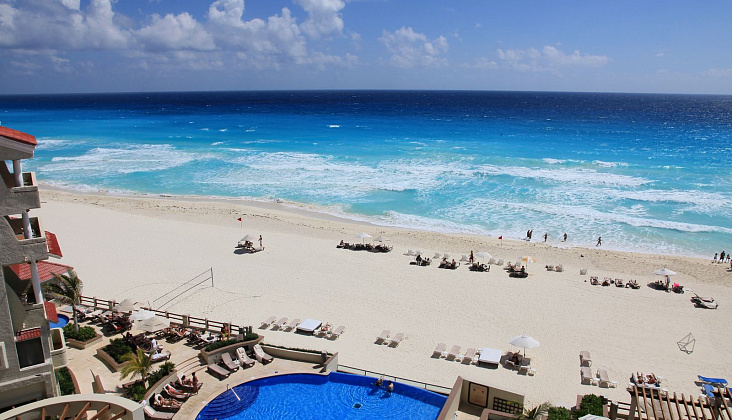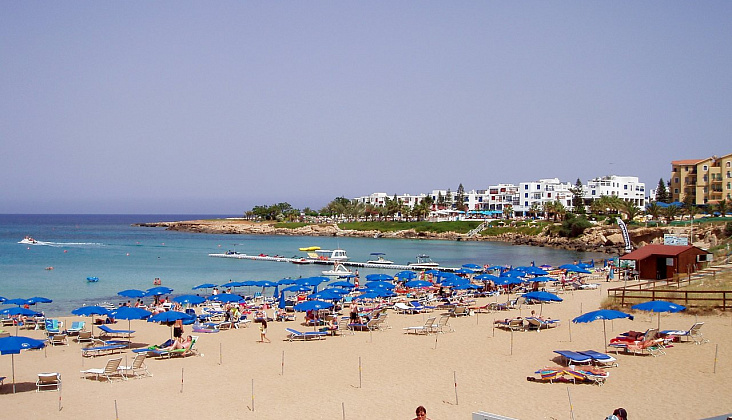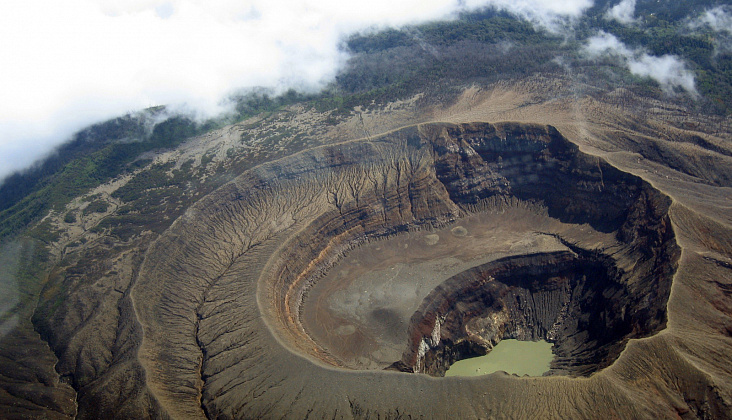Great Britain is an island nation in Western Europe
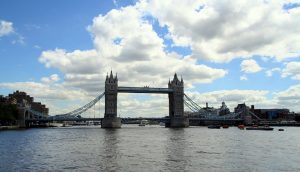 SHOPPING
SHOPPING
Shops are open from 9.00 to 17.30. All products sold in stores are subject to value added tax of 17.5%.
Porcelain, glass, books, “a la Sherlock Holmes” tubes, bags, handbags, bracelets, watches, English tea with the addition of Kenyan bergamot or delicate jasmine are often brought to friends and family from London. The Scottish plaids, bagpipes, kilt kilts and, of course, Glenfiddich – malt whiskey are known all over the world.
For the year in the UK there are two major sales – the winter Christmas (in January) and the summer (in July).
London is considered the capital of shopping and fashion. There are more than 40,000 stores and 83 main street markets.
The central shopping street of the capital is Oxford Street.
Visitors to the UK from non-EU countries can recover their purchase tax. This means that when you purchase most of the goods purchased in an international duty-free shop, you can save 10% or more.
WHERE TO STAY
Placements in the UK are divided into three types: Hotel – hotel, where a full service accommodation is provided; B & B and Inn – guest accommodation, providing the necessary service for the night and breakfast; Motel – budget or roadside hotels, informal accommodation options with a very limited set of services.
In addition to star, hotels (Hotel) can be assigned specific names.
Metro Hotel (Metro Hotel). It does not offer guests hot meals, but should be within walking distance of catering places.
Apart Hotel (apart-hotel). The rooms have a small kitchen with a stove, microwave and refrigerator. Breakfast is available at an additional cost.
Country House Hotel (country home hotel). The hotel should have a small park or garden – secluded and quiet.
Small Hotel (mini-hotel). The maximum number of rooms is 20. Typically, these hotels are managed by private entrepreneurs and have limited opportunities for businessmen.
Town House Hotel (city home hotel). The main priority is a convenient location in the city. The average number of rooms is 50. Usually there are good opportunities for businessmen and a variety of in-room services. Be sure to have breakfast – in a restaurant or in the room.
In the “low-star” English hotels the rooms are small, and the service is very modest.
In hotels in the UK you can find two types of breakfast: continental (continental) and full English (full english). Continental is cheese, sausage, jam and tea-coffee. Full English is the same, fruit and hot dishes (scrambled eggs, roasted tomatoes, sausages, bacon). In expensive hotels you can sometimes choose which type of breakfast you want to pay for.
In many hotels upon arrival the guest will be asked to make a deposit. For example, in 4-star hotels in London, the standard deposit is £ 50 when blocking this amount on a credit card or £ 100 in cash. Cash will be returned to you immediately upon check-out; On the card, the money will be unlocked within one to two weeks.
SEA AND BEACHES
In the UK there are pebbly and sandy beaches. The swimming season is not long.
One of the country’s most famous and picturesque beaches is Porthcurno Beach, which is a combination of a wide strip of soft white sand and rocky coast. Sometimes the view of the beach changes beyond recognition in a few hours due to the changing direction of the wind and the tides of the sea.
STORY
The British Isles were conquered in the V-VI centuries by the Anglo-Saxons. After the Norman conquest of England in 1066, the process of feudalization was completed, accompanied by the political unification of the country.
In the second half of the thirteenth century, the English Parliament emerged, the estate monarchy took shape. The development of commodity-money relations and the struggle of the peasantry (the revolt of Wat Tyler 1381, and others) led (15th century) to the almost complete elimination of the personal dependence of the peasants. At the same time, the peasants were deprived of land ownership, which led to their rapid proletarianization.
In the period of the Reformation, in 1534, the Church of England was created. The English Revolution of the seventeenth century ensured the establishment of capitalism. At the end of the 17th century, political parties took shape – the Tories and the Whigs (in the middle of the 19th century they transformed into the Conservative and Liberal parties, respectively). After consolidating the annexation of Scotland in 1707 (Ireland was conquered in 1649-1651), the name Great Britain was attached to the united kingdom.
At the end of the 18th – 1st half of the 19th centuries, an industrial revolution took place. With the conquest by the East India Company of rich Bengal, the creation of the British colonial empire begins. About a third of all English investments of this time are of Indian origin.
